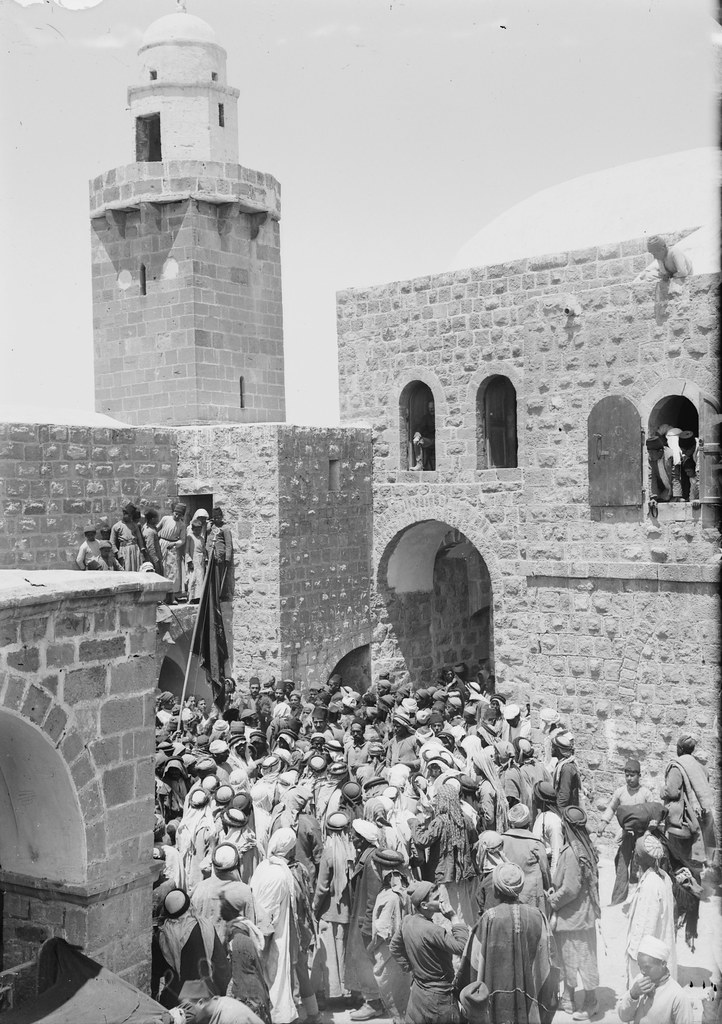In Exodus 7, we witness the continuation of the confrontation between Moses, as God’s chosen messenger, and Pharaoh, the ruler of Egypt. This chapter marks the beginning of the plagues that God inflicts upon Egypt as a means of demonstrating His power, proving His superiority over the Egyptian gods, and ultimately securing the liberation of the Israelites from slavery.
As the chapter commences, God instructs Moses to return to Pharaoh, presenting himself as the representative of the Almighty. However, before Moses even speaks a word, God warns him that Pharaoh’s heart will be hardened, and he will not let the Israelites go. This hardening of Pharaoh’s heart becomes a crucial aspect of the narrative throughout the subsequent chapters.
Moses visits Pharaoh, accompanied by his brother Aaron, and they perform a miracle. Aaron casts down his staff, and it transforms into a serpent. Notably, the Egyptian magicians, by dark arts or trickery, manage to replicate this feat. However, Aaron’s serpent devours the serpents of the magicians, affirming God’s supremacy over the Egyptian gods and their perceived power.
Following this display, God instructs Moses to meet Pharaoh at the Nile River the next morning, as that is when Pharaoh customarily goes to the river to worship. In God’s plan, the Nile River, which the Egyptians considered sacred, would become a symbol of judgment and divine intervention.
When Moses and Aaron appear before Pharaoh at the Nile, Moses warns him of the impending consequence of disregarding God’s command to release the Israelites. He declares that God will strike the river and the water will turn into blood, causing immense suffering to the Egyptians and demonstrating God’s authority and control.
True to Moses’ warning, Aaron stretches forth his staff, striking the waters of the Nile, immediately turning it into blood. Not only does the water in the river transform, but also the water in all the vessels throughout the land of Egypt. The fish in the river die, and there becomes an unbearable stench throughout Egypt.
Although the magicians of Egypt replicate this miracle to some extent by turning water into blood through their own secret arts, Moses’ act stands out as superior. After all, while the magicians could multiply the issue, they could not reverse it. The plague of blood lasts for seven days, thoroughly disrupting the daily life and routines of the Egyptians.
Now, regarding the Messianic link to Jesus, Exodus 7 foreshadows Jesus’ life and ministry. Just as Moses was sent by God to confront Pharaoh, Jesus was sent by God the Father to confront the spiritual forces of darkness and sin that hold humanity captive. Both Moses and Jesus were liberators, seeking to deliver their people from bondage – Moses from physical slavery, and Jesus from spiritual bondage.
The plagues that God unleashed upon Egypt are a powerful reminder of the consequences of rejecting God’s authority and acting against His will. In a similar vein, Jesus warned about the consequences of rejecting Him as the Son of God and refusing to accept His message of salvation. Just as Pharaoh hardened his heart against God’s will, there are those who harden their hearts towards Jesus, denying His power and claiming independence from God.
Furthermore, just as the Nile River turned to blood, Jesus shed His blood on the cross as the ultimate sacrifice for the redemption of humanity. The blood of Jesus represents the cleansing and forgiveness of sins, just as the plague of blood in Exodus 7 pointed to the judgment required for the release of the Israelites and their subsequent liberation.
In conclusion, Exodus 7 sets the stage for the intense struggle between Moses and Pharaoh, escalating tensions through the manifestation of miraculous plagues. These events not only demonstrate God’s power but also embody the theme of liberation and redemption. And when we trace the Messianic link to Jesus, we find parallels between Moses’ role as the deliverer of the Israelites from physical bondage and Jesus’ role as the Savior who delivers humanity from spiritual bondage. Both narratives teach us the consequences of hardening our hearts against God, and both point towards the need for redemption through the shedding of blood.
#Exodus7 #MessianicLink #JesusChrist #Liberation #Plagues #Redemption #GodsAuthority #SpiritualBondage #DivineIntervention #BiblicalReflections #Pharaoh #Sacrifice #BloodOfJesus #HardenedHearts #Deliverance #Moses #Egypt #Messiah #UltimateSacrifice #Salvation


